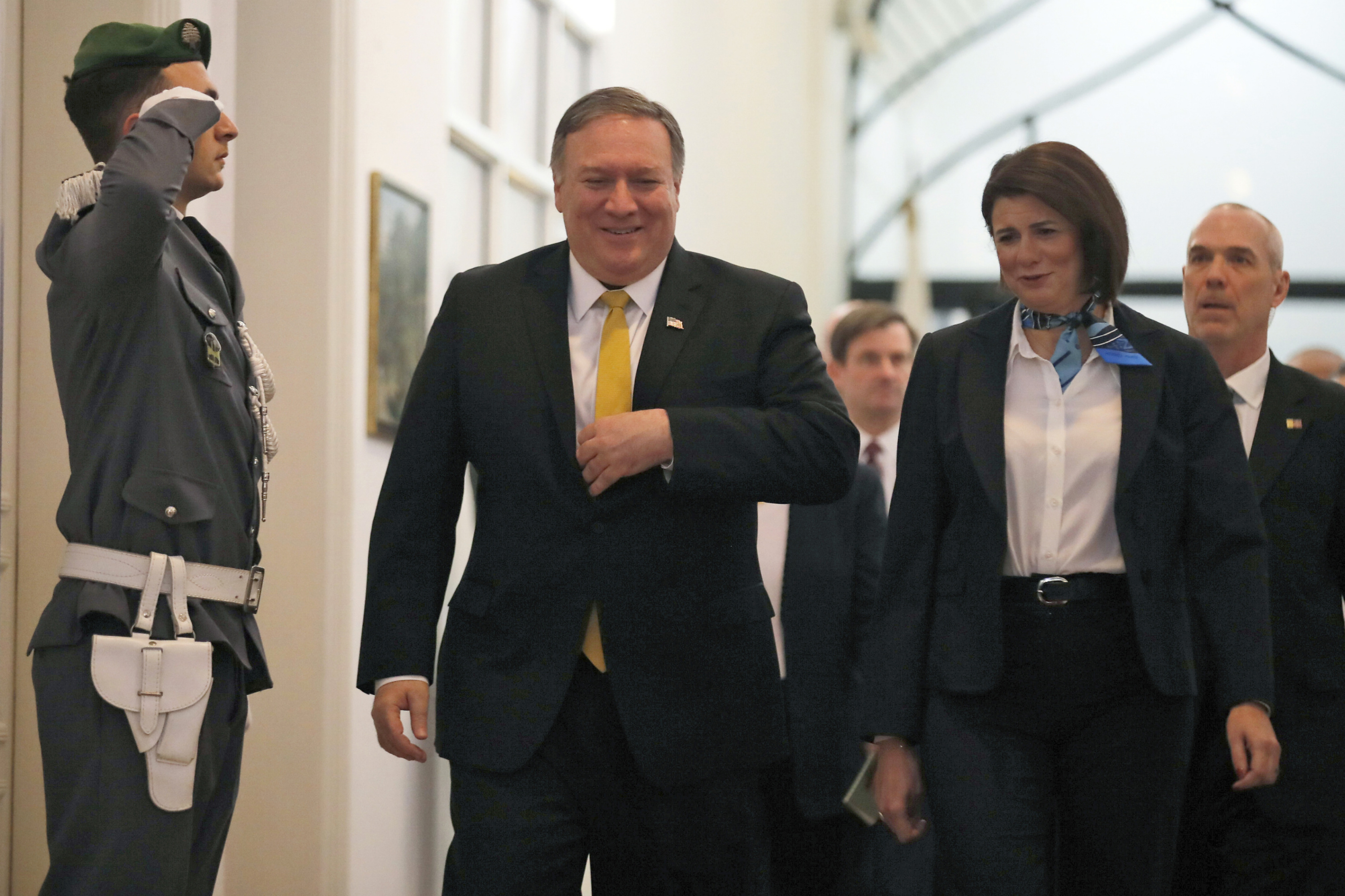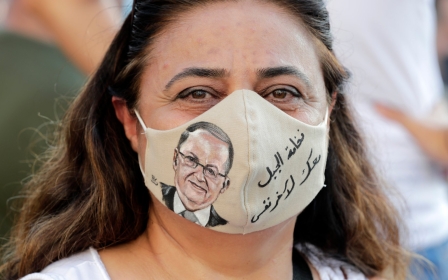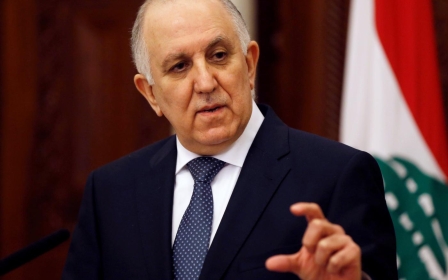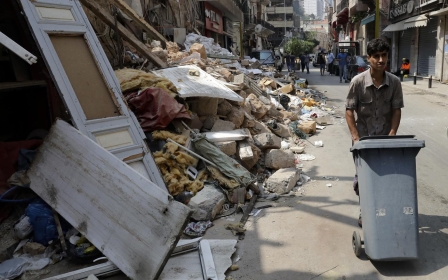Lebanon's interior minister says women unable to do his job
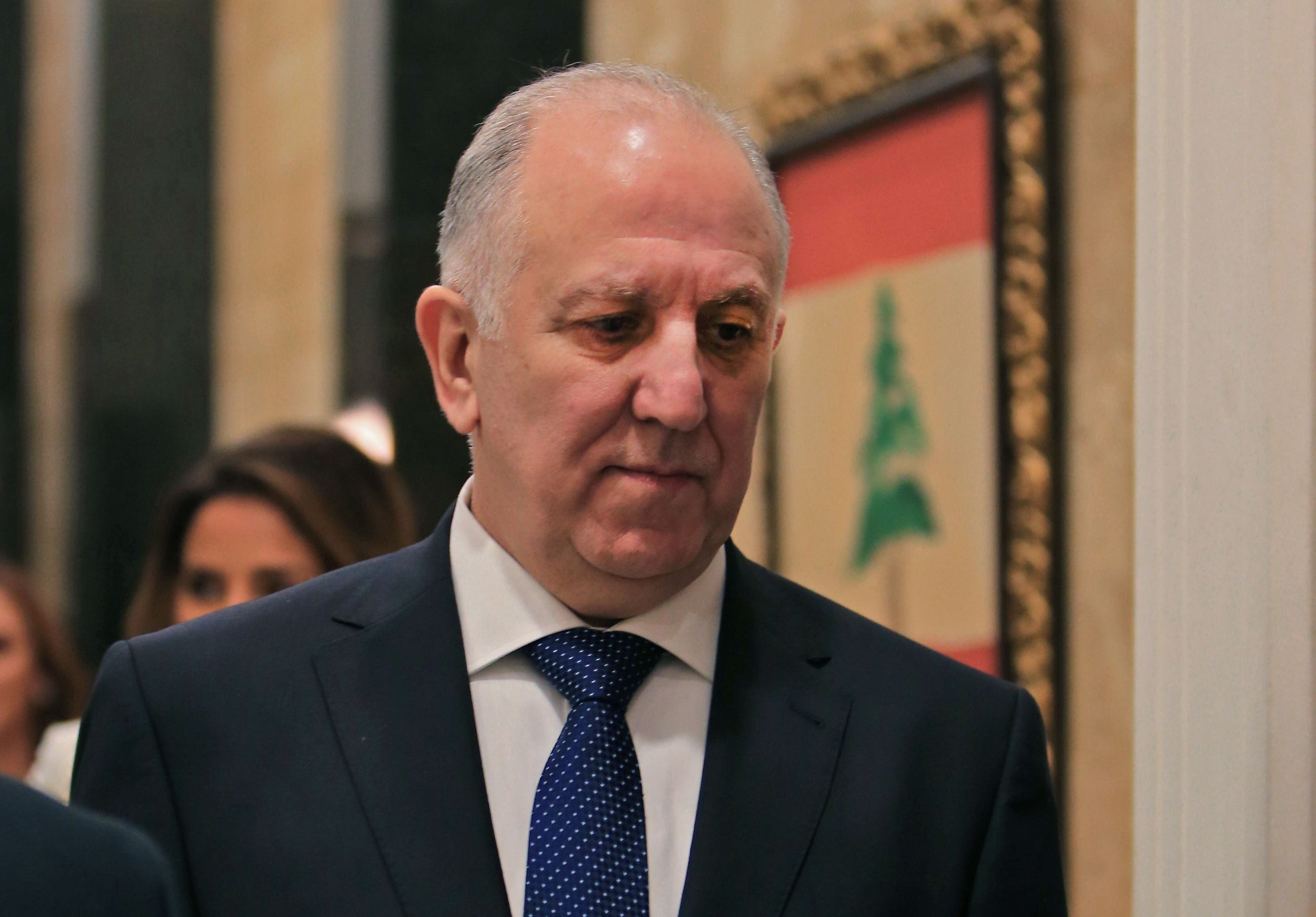
Lebanon's minister of interior, Mohammed Fahmi, said women cannot succeed in his job because they would need to stoop low in order to deal with certain parts of society.
Fahmi's predecessor, Raya al-Hassan, was the Arab world’s first woman interior minister, and her appointment was praised as a step forward for women in Lebanese politics.
Fahmi, in an interview on Al-Hurra TV channel, said he does not consider the experience of women in the interior ministry in Lebanon to have been successful.
When asked if he thought Hassan failed as interior minister, Fahmi said: "She did not fail, but we live in a jungle."
New MEE newsletter: Jerusalem Dispatch
Sign up to get the latest insights and analysis on Israel-Palestine, alongside Turkey Unpacked and other MEE newsletters
Pressed to expand on his reasoning, Fahmi said that the "culture" in Lebanon means women cannot lower themselves to some levels of society, including dealing with drug users and dealers, and others.
"A man can stoop to low degrees in society, a woman cannot," he told his interviewer.
Fahmi has previously come under fire on social media when in November he suggested that women should cook under coronavirus lockdown on Sundays, when delivery services are suspended.
"Let women cook a little bit,” he said, in a response denounced as offensive and misogynistic.
Instead of addressing the backlash against his sexist comments, Fahmi doubled down in another interview that week, saying women could not be prime ministers because they are "too timid".
In October, Lebanese marked the first anniversary of Lebanon’s mass uprising against the corruption of the country’s ruling class.
Protests have stalled as Lebanese struggle with the pandemic, a devastating economic crisis, and the traumatic explosion in Beirut's port in August, which killed around 200 and left the city devastated.
Meanwhile, a stalemate in forming a government have only added to the country's growing woes.
Middle East Eye delivers independent and unrivalled coverage and analysis of the Middle East, North Africa and beyond. To learn more about republishing this content and the associated fees, please fill out this form. More about MEE can be found here.


